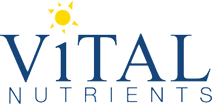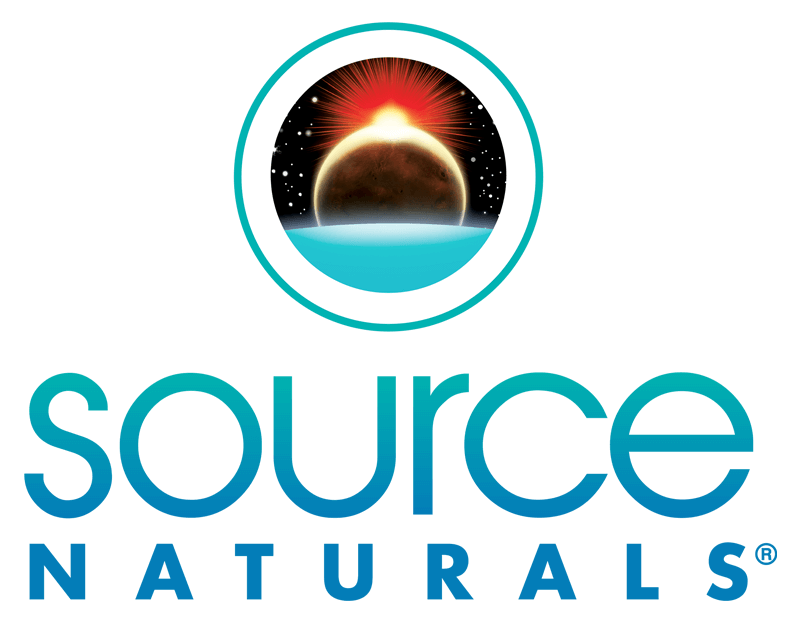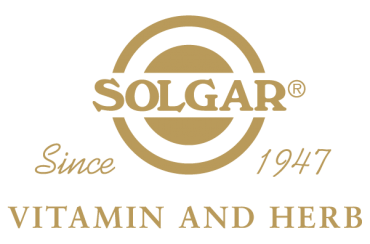Vitamin B12, also known as cobalamin, is a vital nutrient that plays a crucial role in maintaining overall health and well-being. This report aims to provide an in-depth understanding of Vitamin B12, including its different types, dietary sources, and considerations for individuals to be cautious about consuming excessive amounts.
Types of Vitamin B12
There are several forms of Vitamin B12, with the most common ones being:
a) Cyanocobalamin: This synthetic form of B12 is widely available in supplements and fortified foods. It contains a cyanide molecule, which is naturally eliminated by the body during metabolism.
b) Methylcobalamin: This natural form of B12 is found in certain foods and is more easily absorbed by the body. It plays a vital role in various biological processes, including nerve function and DNA synthesis.
Here are some key advantages of methylcobalamin:
Enhanced Absorption: Methylcobalamin is readily absorbed by the body compared to cyanocobalamin. It bypasses certain metabolic steps, making it more bioavailable and effective in raising Vitamin B12 levels in the body.
Retained Active Form: Methylcobalamin is the active form of Vitamin B12 that is utilized by the body. It does not require conversion like cyanocobalamin, which needs to be converted to methylcobalamin and adenosylcobalamin before being utilized. By using methylcobalamin directly, the body can access the benefits of Vitamin B12 without any additional steps.
Nerve Function Support: Methylcobalamin is particularly beneficial for nerve health. It plays a crucial role in the formation of the protective myelin sheath around nerves, aiding in nerve regeneration and function. This can be especially important for individuals with neuropathy or other nerve-related conditions.
Potential Mood and Cognitive Benefits: Some research suggests that methylcobalamin may have a positive impact on mood and cognitive function. It is believed to support neurotransmitter production, which can contribute to improved mental clarity, focus, and overall well-being.
Reduced Cyanide Exposure: Cyanocobalamin contains a cyanide molecule, which is naturally eliminated by the body during metabolism. However, the presence of cyanide has raised concerns for some individuals. Methylcobalamin, on the other hand, does not contain cyanide, making it a preferred choice for those who are sensitive to or wish to minimize exposure to cyanide.
Injectable versus Oral B12
Administration Method
Tablet Form: Vitamin B12 tablets are taken orally and swallowed with water. They are designed to be absorbed through the digestive system.
Injectable Form: Injectable B12 is administered through intramuscular (IM) or subcutaneous (under the skin) injections. It involves using a syringe to deliver the B12 solution directly into the muscle tissue or under the skin.
Absorption Rate
Tablet Form: When taken orally, Vitamin B12 tablets need to be absorbed through the digestive system. However, the absorption rate can vary among individuals. It relies on the efficiency of the digestive process and the presence of intrinsic factor (a protein required for B12 absorption). Some individuals may have difficulty absorbing B12 effectively through the digestive system.
Injectable Form: Injectable B12 bypasses the digestive system and is delivered directly into the bloodstream, resulting in a higher absorption rate. This method ensures that Vitamin B12 is readily available for utilization by the body.
Dosage Frequency
Tablet Form: Tablets are usually taken once daily or as prescribed by a healthcare professional. The dosage frequency depends on the specific formulation and the individual’s B12 requirements.
Injectable Form: Injectable B12 typically requires less frequent administration. Injections can be administered weekly, bi-weekly, monthly, or as directed by a healthcare professional, depending on the individual’s needs.
Absorption Reliability
Tablet Form: The absorption of B12 through the digestive system can be influenced by various factors, such as gastrointestinal conditions, age, and intrinsic factor production. Some individuals may have difficulty absorbing B12 effectively, leading to potential deficiencies.
Injectable Form: Injectable B12 offers a more reliable absorption method. Since it bypasses the digestive system, it ensures direct delivery of B12 into the bloodstream, making it suitable for individuals with absorption issues or specific medical conditions affecting B12 absorption.
Medical Considerations
Both forms of B12 have their respective medical considerations. Injectable B12 may be preferred for individuals with severe deficiencies, malabsorption issues, or specific medical conditions requiring higher doses. Tablets, on the other hand, are more commonly used for maintenance supplementation and for individuals with milder deficiencies or normal absorption capabilities.
Dietary Sources of Vitamin B12
Vitamin B12 is primarily obtained from animal-based food sources. Some of the richest sources include:
a) Meat: Beef, lamb, pork, and poultry are excellent sources of Vitamin B12.
b) Fish and Seafood: Salmon, trout, tuna, shellfish, and other seafood varieties provide substantial amounts of B12.
c) Eggs and Dairy Products: Eggs, milk, cheese, and yogurt are good sources, making them suitable options for vegetarians.
d) Fortified Foods: Certain breakfast cereals, plant-based milk alternatives, and nutritional yeast are fortified with Vitamin B12 to cater to individuals following vegetarian or vegan diets.
Considerations for Excessive Vitamin B12 Intake
While Vitamin B12 is generally safe and well-tolerated, there are a few considerations for individuals who should be cautious about consuming excessive amounts:
a) Leber’s Disease: Individuals with Leber’s disease, a hereditary optic nerve disorder, should avoid high doses of Vitamin B12, as it may exacerbate the condition.
b) Allergies or Sensitivities: People with specific allergies or sensitivities to cobalt or cobalamin should consult a healthcare professional before supplementing or consuming high doses of B12.
Recommended Intake and Individual Needs
The recommended daily intake of Vitamin B12 varies based on age, sex, and life stage. For most adults, the recommended intake is around 2.4 micrograms (mcg) per day. However, individual needs may differ based on factors such as pregnancy, breastfeeding, age, medical conditions, and dietary choices.
It is crucial to consult a healthcare professional or a registered dietitian for personalized advice regarding Vitamin B12 supplementation or dietary adjustments.
Conclusion
Vitamin B12 is an essential nutrient required for various bodily functions. It is available in different forms, primarily obtained from animal-based food sources. While most individuals can safely consume Vitamin B12 without any concerns, those with specific conditions or sensitivities should exercise caution. It is important to understand one’s own nutritional needs and seek professional guidance to ensure optimal intake of this vital nutrient.
By staying informed and making informed choices, individuals can maintain a balanced approach to Vitamin B12 consumption and support their overall health and well-being.




















